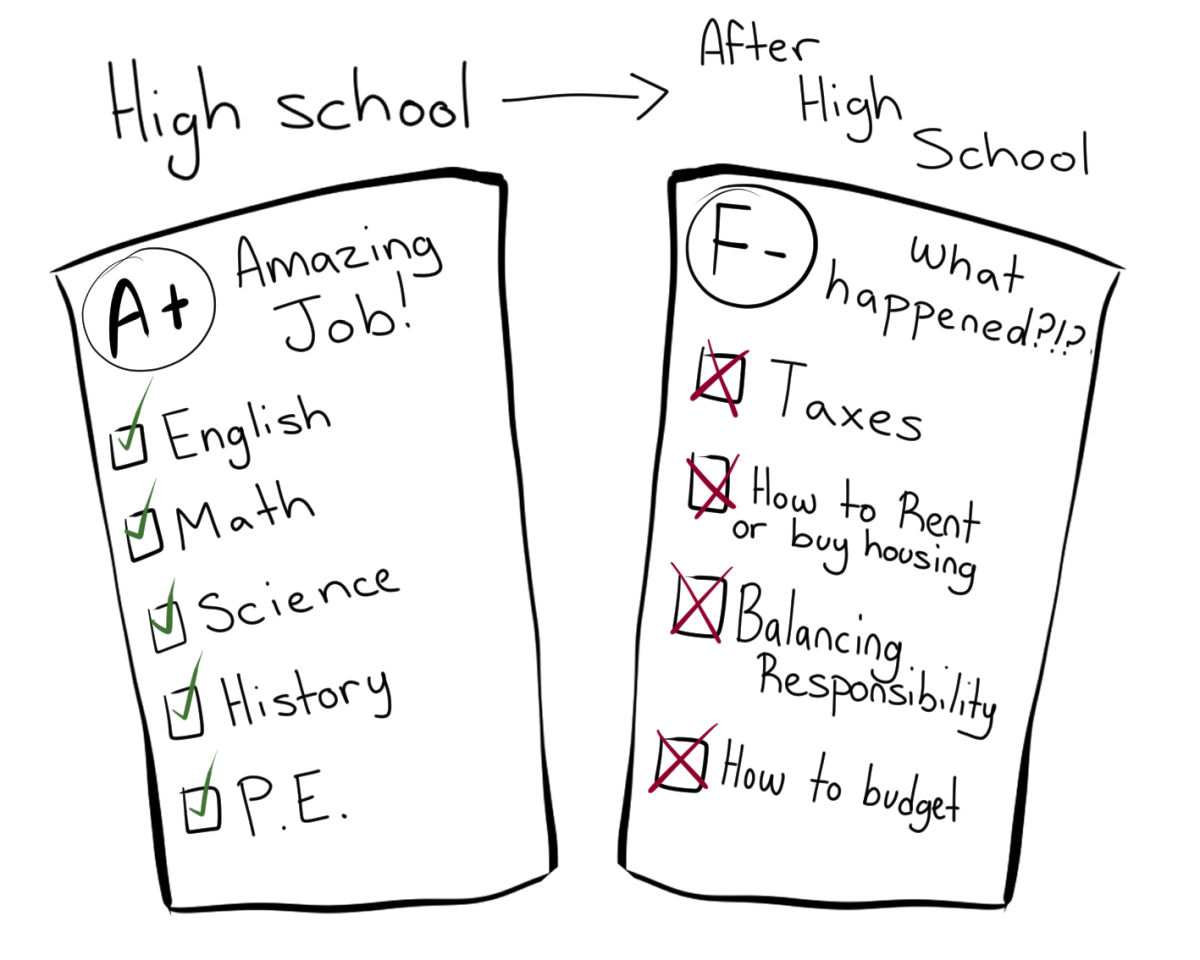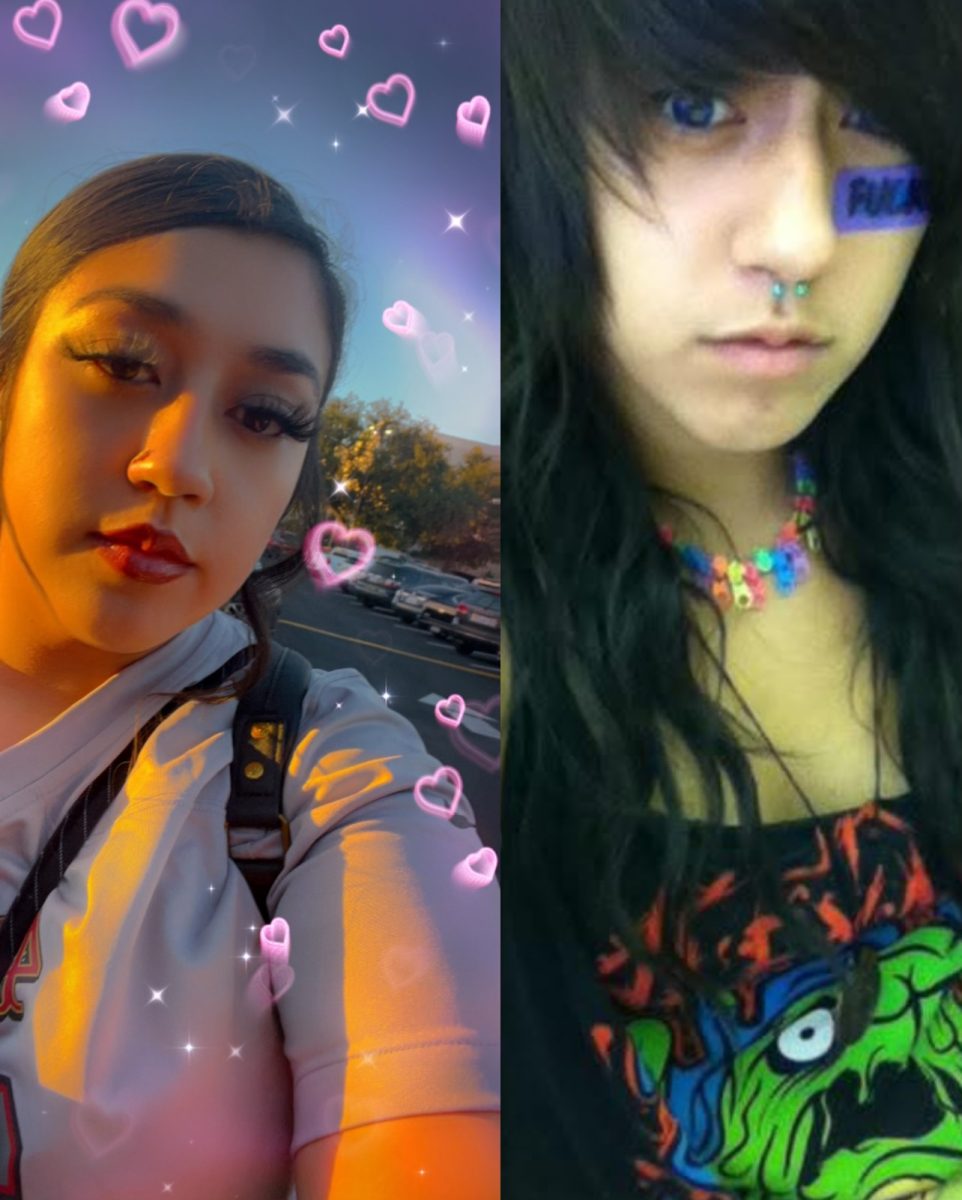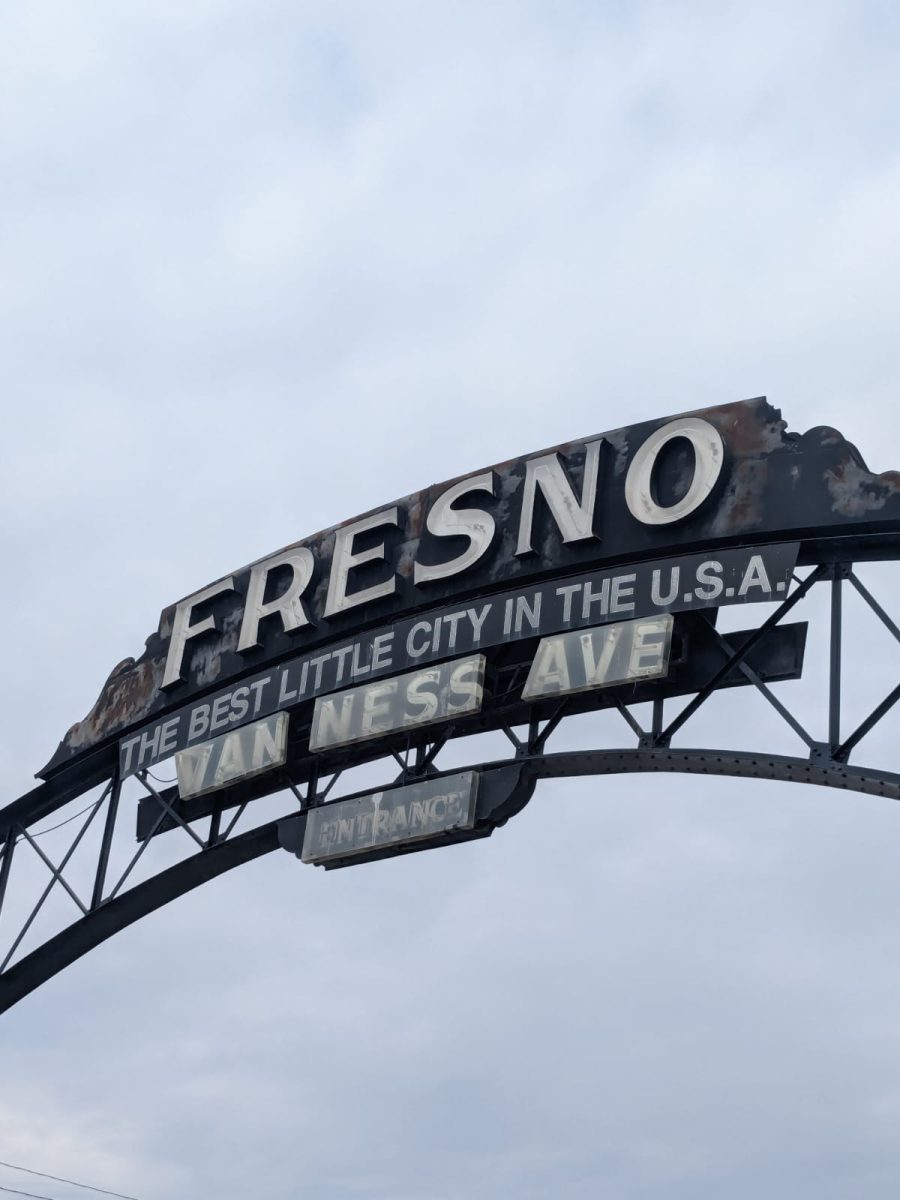As fall begins to take shape, and Halloween peaks its head around the corner, we prepare ourselves for one of the best that the two have to offer: Horror movie season.
For the next two glorious weeks of television Michael Myers will pop out of nowhere, Freddy will run rampant, and Jason… well Jason will walk slowly until someone trips and/or falls. As children stuff pillow cases full of candy, which will surely be eaten in a single night, we shall celebrate Halloween with the horror classics. After all, most of those, soon to be diabetic, children probably wouldn’t be here right now if it wasn’t for a horror movie date not so long ago.
Nevertheless, for all the good that horror films do for entertainment and even occasionally procreation, there are naysayers who believe that they are too violent, distracting, and disturbing to be seen as a valued asset in our society. However, a closer look at the situation proves otherwise.
Surely horror films are no less destructive to the human psyche than Hannah Montana’s half-English ramblings in support of the latest consumer product for third graders, Justin Beiber’s monetarily driven attempts to become a sex symbol to eight year olds, or whatever Brittney Spears is doing this week. However, no one will put legislation on the table to censor celebrities, but somehow they justify seeing horror films as a lesser art, and therefore subject to legislative scrutiny.
Horror films give us more than E-news does though; they give us emotion. In a world dominated by repetitious chick-flicks, with a plot line consisting of nothing more than will they, won’t they, aww they did, horror gives us more; it gives us uncertainty. The uncertainty of not knowing whether the main character will live happily ever after, or end their life’s script with the movie’s credits. The uncertainty of not knowing what’s waiting around the next corner or what really is going bump in the night. And through this uncertainty it brings out certain truth, in that it shows us exactly what we are. It puts our insecurities, our fears on center stage and gives them a microphone, like no other medium of art.
There will always be “morally esteemed” congressmen trying to take art away, but one of our duties as people of our society is to stand up for what we believe; to fight for the rights of freedom of speech guaranteed to us in the first amendment. After all, the congressmen who seeks to ban movies for their “obscene violence and gruesomeness”, has probably voted to send hundreds of thousands of our brothers and sisters off to fight wars more obscenely violent and gruesome than anything that can be played on a screen.
Violence is something to be despised, but to blame horror movies for it while America is currently involved in the longest war in its quarter-millennium history seems a bit absurd. Now it goes without saying that there are films that have made money off of violence in morally questionable ways, however they do not only belong to horror. If you want to blame horror films for violence then you have to blame Rocky, just as you blame Freddy Kruger. You have to blame James Bond, as you blame Hannibal Lecter. You have to blame the Terminator in the same voice that you blame Jigsaw. That’s even leaving out America’s most celebrated past time of repetitive weekly violence, football.
All arguments made boil down to the same principle: Freedom of expression is irrefutable and inalienable. Just because one thinks that something is not reputable does not make it redactable.
Categories:
Pro/CON: Do Horror Films Promote Violence and Stereotypes?
Story By: Jesse Franz, Rampage Reporter
October 19, 2011
Story continues below advertisement
0
More to Discover







